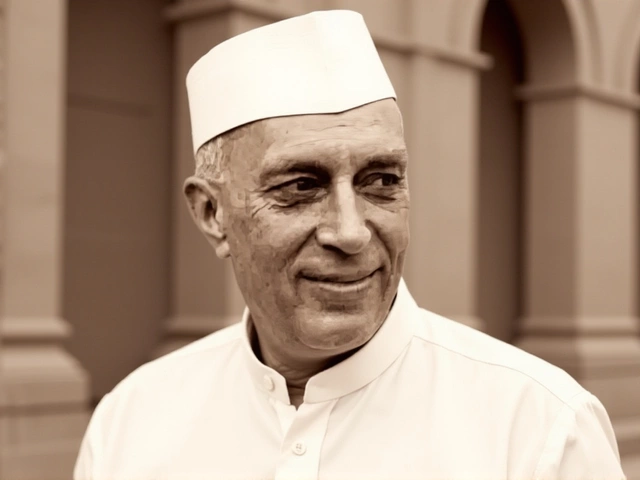Media ethics: how to spot good — and bad — news
Too many headlines chase clicks instead of truth. Media ethics is the set of rules that keeps journalism useful: accurate facts, fair context, clear sourcing, and corrections when reporters get it wrong. If you care about reliable news — whether it's politics, business, or those weird viral stories — knowing basic media-ethics principles helps you pick better stories and call out bad ones.
You probably noticed this tag covers everything from "masala" news and funny TV slips to debates about honest anchors and audits of big institutions. Those are exactly the kinds of issues media ethics should handle: when does a story inform, and when does it just entertain or mislead? Below you'll find practical checks for readers and simple rules journalists should follow.
Quick checklist for readers
Use this the next time a story makes you angry, shocked, or eager to share.
- Check the source: Is the outlet known for facts or for drama? Trusted outlets give named sources and documents.
- Look for sourcing: Does the story quote officials, documents, or only anonymous claims and rumors?
- Watch the language: Headlines using words like "shocker" or "exposed" are often pushing emotion over facts.
- Cross-check: See if other credible outlets report the same facts. If only one place has it, treat it cautiously.
- Search for corrections: Reliable outlets correct errors and clearly note what changed.
Simple habits like these make you a harder target for sensational "masala" stories and viral nonsense. They also help you judge anchors and shows — some present balanced debate, others feed outrage for ratings.
Practical ethics tips for journalists and editors
Good ethics aren't complicated. Newsrooms that follow them win trust and last longer.
- Document your facts: Keep copies of reports, statements, and data used in a story.
- Name sources when possible: Anonymous sources should be rare and justified.
- Be transparent about conflicts: If a reporter or outlet has a stake in a story, say so.
- Separate news from opinion: Label pieces clearly. Readers should know when they read facts and when they read commentary.
- Correct quickly and visibly: Admit mistakes, explain what changed, and why.
- Avoid false balance: Give space to dissenting views, but don't present fringe claims as equal to settled facts.
Ethics also means asking hard questions about power — from political leaders to big businesses. When institutions avoid scrutiny, auditors and watchdogs matter. When newsrooms chase spectacle, public understanding suffers. If more outlets followed simple rules — clear sourcing, quick corrections, and clear labels — we'd argue less about whether media is biased and focus more on the facts that matter.
Use this tag to find stories and tips about media fairness, funny failures, and serious debates. Read critically, demand transparency, and reward outlets that act responsibly. That’s the fastest way to make the news better.

Okay folks, here's my take on what Indian news channels should stop doing - they need to press the pause button on sensationalism, it's like a Bollywood drama on steroids! Let's also bid adieu to the blame game and focus on the facts, like a cricket match without the sledging. I also think they should give their 'breaking news' tag a little respite - not every news piece is a 'Titanic hits an iceberg' moment, right? And finally, let's put a lid on the constant political bickering - it's like watching a never-ending saas-bahu serial! All in all, news channels should serve a platter of unbiased and reliable news instead of a spicy masala mix.




